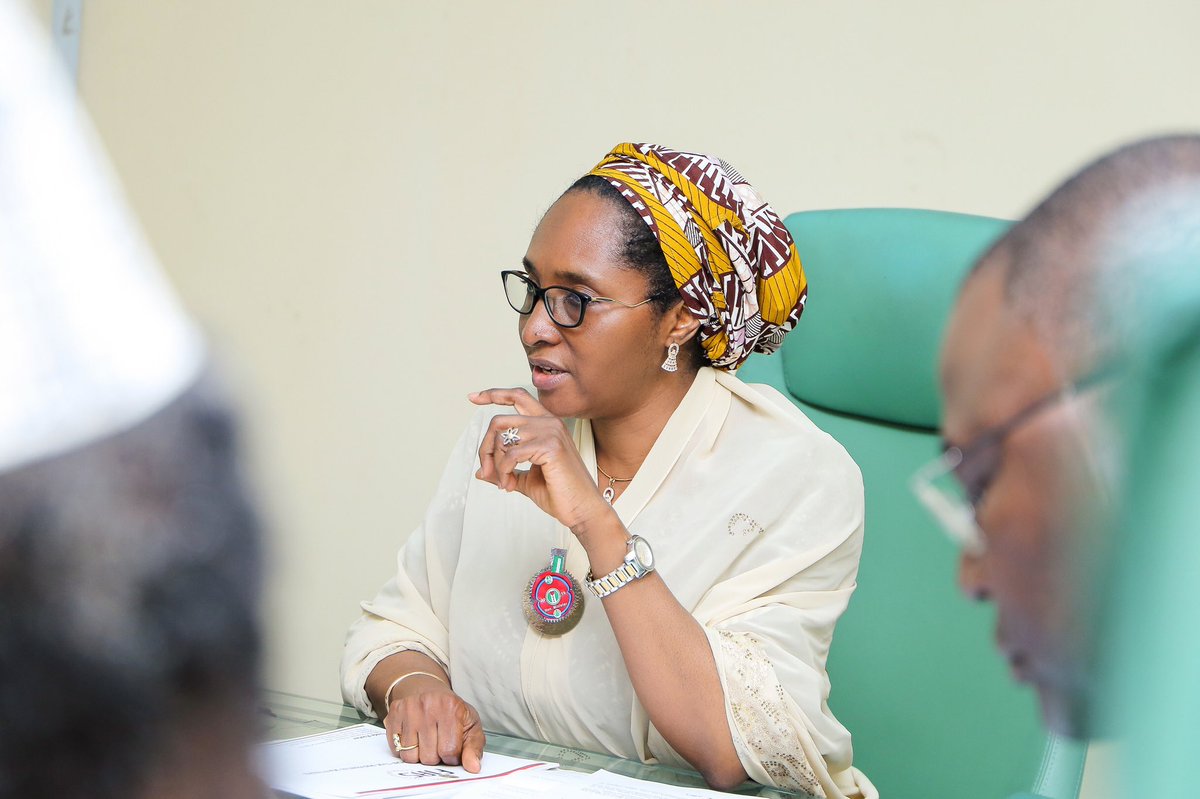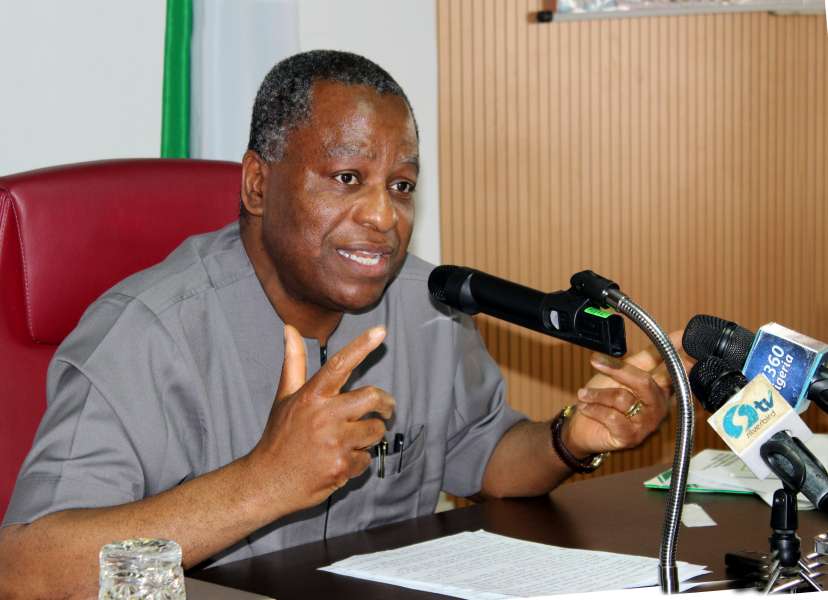Finance ministry: We're not aware of the alleged $3.5 billion subsidy fund | TheCable.ng

The federal government says it is working to create a database of all the loans and debts held at national and sub-national levels.
Zainab Ahmed, the minister of finance, made this known on Thursday while speaking on a panel at the ongoing annual meetings of the International Monetary Fund and World Bank Group in Washington DC.
The session, which was tagged ‘Decoding Debt: Getting Transparency right’, also had panellists like David Malpass, the World Bank president, and Julie Monaco, Citi’s managing director and global head for public sector banking, capital markets and advisory division.
Advertisement
Speaking at the session, Ahmed said: “Where we want to go next is to make sure we scan the environment and make sure we have a database of all the debts that government owe. Whether it is the sovereign or the subnational and also the debt of the state-owned enterprises and debts we owe to creditors.
“Also, we want to be able to show more clearly the debts that are related to specific projects and debts that we owe to countries like China for major projects. Right now, they are reported as public debt but there is no detailed breakdown to show that they are related as project borrowing.
“You won’t see how the debt reports related to projects we have taken for sources like the China Exim Bank and we want to also put that in the public domain. There is an increasing demand from the civil society and the public in Nigeria of that level of detail.”
Advertisement
POOR REVENUE AFFECTING NIGERIA’s DEBT SERVICING ABILITY
In a chat with journalists, including TheCable, the finance minister said Nigeria’s debt servicing ability is being affected by revenue underperformance.
“Our revenue to GDP is still one of the lowest among the countries that are comparable to us at less than 20% of GDP. What the World Bank and IMF recommend is up to 15% of GDP for the debt of countries our size. We are not there yet, so the problem we have is a revenue problem.
“The underperformance of revenue is causing significant strain on our ability to service debt, to service government day-to-day expenditure.
Advertisement
“That is why all the work we are doing in the ministry of finance and other economic ministry is to concentrate on driving the increase in revenue.”
Explaining what is being done to boost revenue, Ahmed told IMF’s Abebe Selassie that the government is working with the national assembly to review the 1989 crude oil production sharing contracts.
“The contract had a position that once the oil price goes beyond $20 dollars there is an opportunity to renegotiate and increase the royalties that come to the government so that in the future we have incremental revenue coming from the crude oil.”
“In tune with the fourth industrial revolution, we want a technological led reform. For example, in a bid to leverage available big data in our public sector domain, Project Light House was launched last year and driven centrally at the Ministry of Finance to provide intelligence to the FIRS, state tax authorities and other revenue collecting agencies.
Advertisement
“On the Customs front, we are in the process of developing our national single window and customs is using blockchain technology to improve revenue.”
She also emphasised the need to rebuild a social contract between the government and the citizens to discourage tax evasion.
Advertisement







